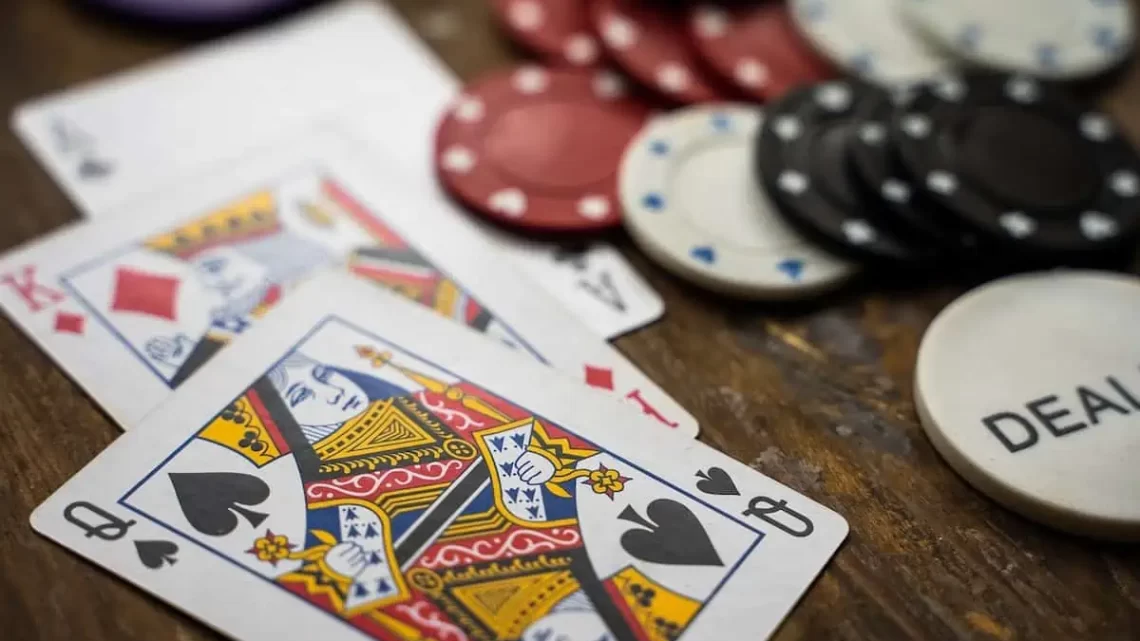How Can I Improve My Poker Game?
April 10, 2024Unsuccessful poker players tend to have many of the same flaws. Some struggle with playing too tight, while others are too loose. One could argue that learning how to avoid tilt is just as important as playing smart.
Finding balance between aggression and passivity is an art form. While some find success by playing straightforward, others can be easily picked apart if they don’t mix it up every now and then.
But that’s just the tip of the iceberg.
Since the game itself is so nuanced, there’s always something new to learn when getting better at poker – which makes it both endlessly frustrating and incredibly rewarding.
Practice
Skills like risk assessment and decision making can be applied to other areas of life. And you’d be surprised how often reading people comes in handy outside of a casino.
“Practicing” poker has benefited pros in more ways than one. It’s even been said that doing so helps develop basic math skills, concentration and patience — all things that can help players succeed in different areas of their life. In addition, becoming emotionally desensitized to losses (which happens over time) allows for greater mental health outside of the game.
It takes time
There’s no secret formula for getting better at anything – especially not poker. Books, training apps or low-stakes games can certainly speed up the process, though.
Building resilience also comes from experience. Once players accept that losing is a natural part of the game and understand failure doesn’t mean they’re bad at it, they’ll begin looking at losses as valuable learning experiences rather than something that should make them quit altogether.
Develop your own strategy
The most successful business executives claim you can’t measure what you don’t measure – but do you think top pros would say something similar about controlling opponents?
Probably not; they’ve learned all about their situational tendencies and use those weaknesses against them for maximum profit instead.
There are also different types of players that can be taken advantage of. Tight, loose and aggressive ones all need to be played differently against and doing so requires a good understanding of the game.
Learn from your mistakes
Even the best poker players have lost pots due to poor decision-making. The difference is they don’t let it eat at them — they learn from their mistakes instead.
Seeing where leaks exist in one’s own game is crucial for growth. And while there are thousands of hands to look back on, analyzing them will allow you to see if you’re making more good decisions than bad ones – and vice versa.
Replay your hands
Reviewing past hands should be a staple in any player’s routine. From identifying mistakes, to understanding why great plays were great — this step is crucial for long-term success.
One of the best ways to improve your game is by watching yourself play poker. Not only does it give you a better idea of how the game works but also an insight into your opponents too. Software that replays hands helps do that more effectively than videos or books alone.
Poker copilot enables players to replay their hands from various poker rooms including 888poker and PokerStars across several games like sit’n’goes, ring games, spin’n’goes, and tournaments. Filtering software allows you to make sense of the data in various ways too such as position, hand ranges or EV.






